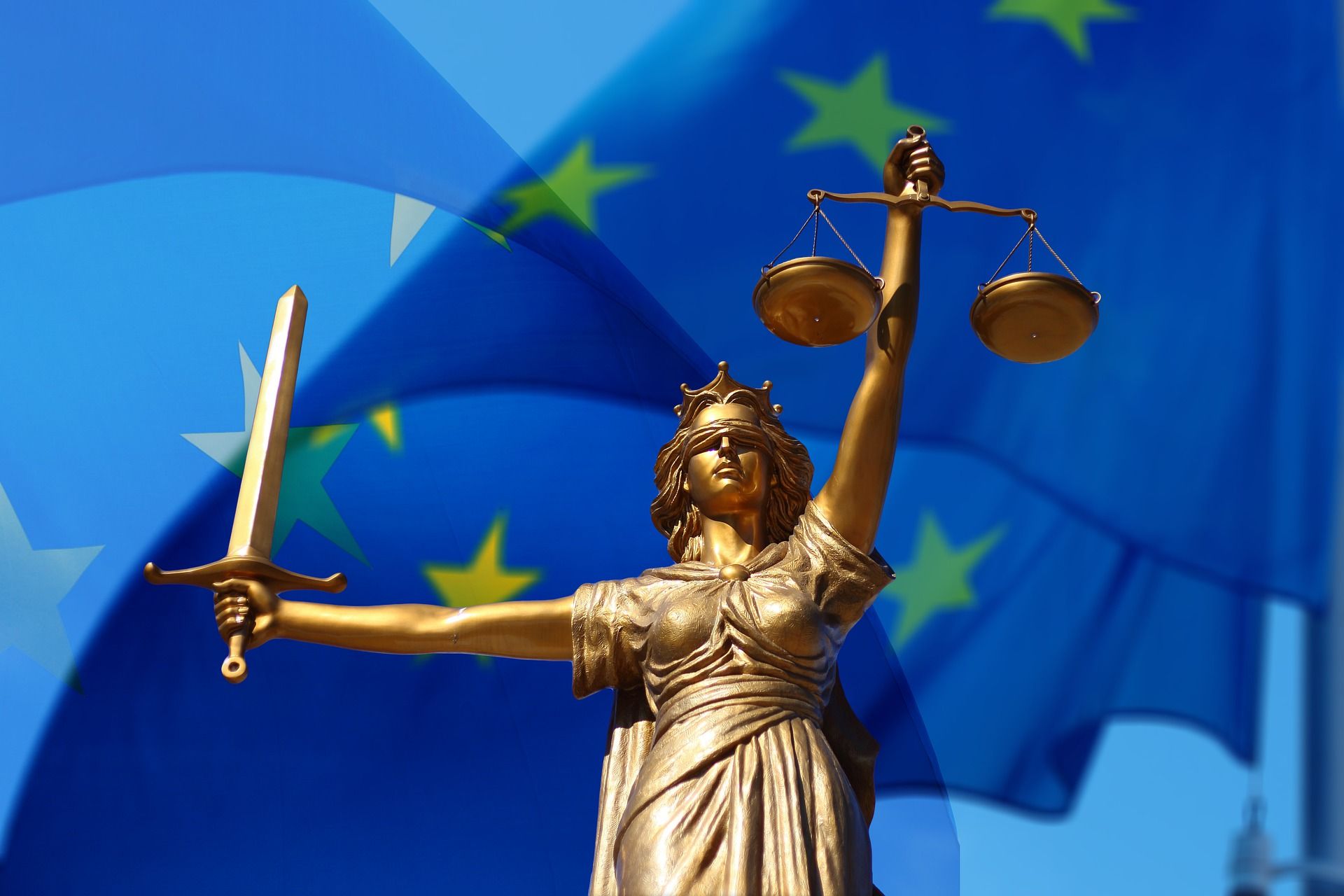Last November 20 the European Commission presented the Digital Justice package 2030, an initiative to modernise justice systems across the EU and ensure that justice professionals are equipped with tools fit for the digital age. This strategic roadmap aims to accelerate the digitalisation of justice systems across the EU, empowering citizens, businesses, and justice professionals through innovation and cross-border collaboration.
The Digital Justice package includes the DigitalJustice@2030 Strategy and the European Judicial Training Strategy 2025–2030. Together, these strategies will drive the digital transformation of justice systems, leveraging cutting-edge technologies like artificial intelligence (AI) to enhance efficiency, reduce costs, and improve access to justice for all.
The Digital Justice @2030 Strategy outlines 14 actionable steps to help Member States unlock the potential of AI and digital tools in justice systems, for example:
- Promoting the exchange of best practices among Member States of digital tools used by legal practitioners across the EU, hosted on the European e-Justice Portal;
- Developing a toolbox to allow Member States to share IT and AI tools used in justice to accelerate digitalisation and help generate savings;
- Boosting the European Legal Data Space to further facilitate online access to legislation and case-law, using the access to more judicial data to develop AI tools adapted to the needs of justice systems;
- The Commission will conduct a study to find a European solution to technical issues arising from judicial systems cooperating with each other, namely, to help overcome interoperability challenges in cross-border videoconferencing.
By addressing technical barriers and promoting harmonisation, the strategy aims to create a justice system that is agile, inclusive, and fit for the digital age.
Furthermore, the European Judicial Training Strategy 2025-2030 will help ensure that all justice professionals (from judges and prosecutors to court staff and other legal practitioners) are properly equipped to put digital justice into practice. The Commission emphasises the need for skilled, tech-savvy justice professionals to ensure the success of transforming and digitalising justice systems across the EU.
The Judicial Training Strategy includes practical training, for example, on digital case management systems, digital cross-border cooperation tools and secure communication technologies; and further awareness raising activities on the impacts of digital and AI-tools in justice. Judges and other justice professionals also need to have appropriate training to apply EU digital law, such as the Digital Services Act. National and EU-funded training should align further in order to create synergies and increase long-term impact of judicial training and available budgets.
Background
Digitalised justice systems are essential for an attractive business and investment environment. They improve transparency, reduce delays, and make procedures more efficient and accessible – especially in cross-border cases. They are also more resilient in times of crisis – as evidenced during the Covid-19 pandemic – lead to cost savings, and allowing for swift, secure and transparent access to justice for all.
By promoting the use of digital tools and AI, the Digital Justice Package 2030 will help make justice systems across the EU more efficient, resilient and accessible to citizens and businesses, to support Europe’s competitiveness and economic growth.
It contributes to the EU’s broader Digital Decade Policy Programme, which aims at making all key public services available online by 2030. It also supports the Union of Skills initiative to ensure that everyone in Europe, including justice professionals, has the digital and AI skills needed to thrive in a modern and digital society.
The adoption of the Digitalisation Regulation in 2023 was an important step in creating digital cross-border exchanges in 24 judicial cooperation procedures in civil, commercial and criminal matters.
Last November 20’s package further contributes to the goal of strengthening judicial systems in the EU through digitalisation.
More information: European Commission







Leave a Reply